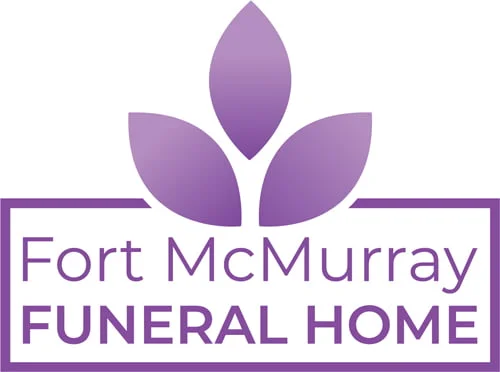Embalming is the process of chemically treating the body after death. Embalming is a scientific artform that takes years to learn and become skilled at. The best embalmers are those who continue to learn and educate themselves constantly. This continuing education will help the embalmer to better serve the community and care for those entrusted to the funeral home.
Embalming has three primary objectives;
- Sanitation
- Preservation
- Restoration
Sanitation
Microorganisms are always living on and in our bodies. Our natural body systems help keep there where they need to be to benefit us and keep us healthy. When we die the body’s systems stop working and these microorganisms can wander. Sanitation refers to eliminating as many microorganisms as possible to protect the public and the funeral home staff.
Preservation
The objective of preservation is to slow or halt the decomposition process. This can help greatly if the service is to take place several days or weeks after the passing. Decomposition can never be 100% stopped. In some instances individuals have been embalmed and remained viewable by the public for 50+ years. They have been embalmed/treated multiple times, this is a very unique circumstance for high profile personnel who are in museums.
Restoration
Following the embalming process cosmetics may be applied to aid in the process of restoration. Restoration seeks to restore a natural look. The chemicals used in the embalming process can also help with this. During the embalming darkened areas can be lightened and natural colours can be reintroduced to the skin.
Is Embalming a Legal Requirement?
Embalming is not always required. Sometimes a funeral home may have a policy of having embalming take place prior to a public visitation or service, to ensure the safety of all those who may attend.
Certain religions do not allow for embalming. If this is the case the funeral home will void this policy. Embalming is not a legal requirement in any case. However when having someone travel internationally it may be required by the Embassy or Consulate of the country.
There are however times when embalming is not legally allowed to take place. There are what we refer to as “Schedule 1 Diseases”. These illnesses are highly contagious or pose a very scary risk to public safety. If someone passes from or has a Schedule 1 Disease they cannot be embalmed as the BODIES OF DECEASED PERSONS REGULATION – Public Health Act of Alberta.
Our primary goal at Fort McMurray Funeral Home is to provide a safe and welcoming space for people to gather and honour their loved ones. Public safety is not only a legal priority but also an ethical matter which we take very seriously.
We always wish to provide the opportunity for family and friends to say goodbye. When embalming is not an option and safety concerns arise we have alternative options to provide this opportunity. When someone has a Schedule 1 Disease we can have a casket made that is both hermetically sealed but also equipped with a window to allow for a visitation. This protects the family, the public and staff while also providing the opportunity for a visitation, service and/or wake.
Contact us via phone, 780-799-3388, or email, [email protected] for more information.


Recent Comments